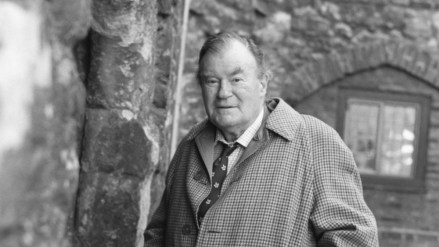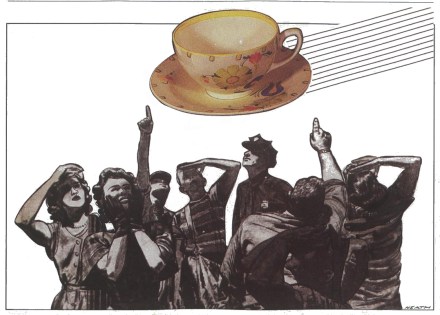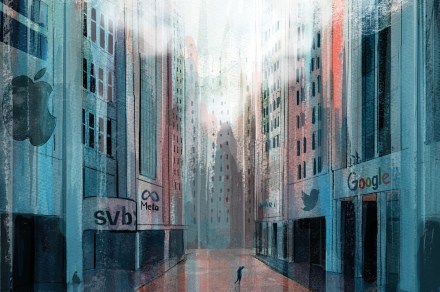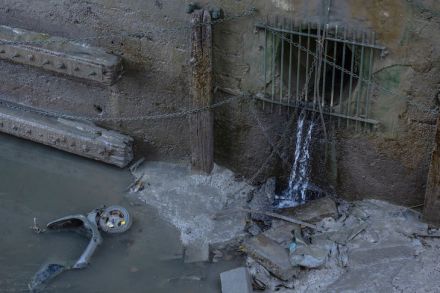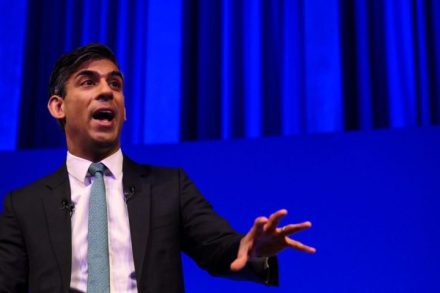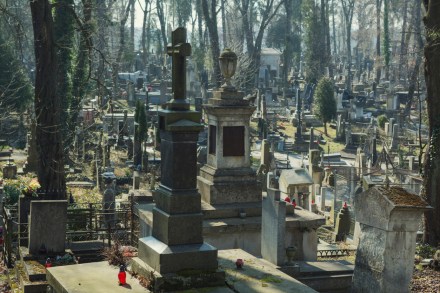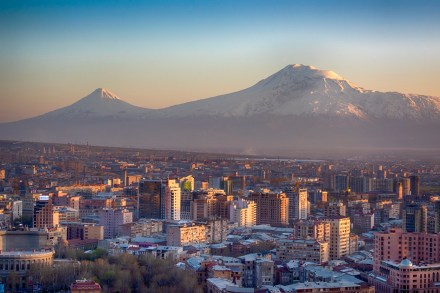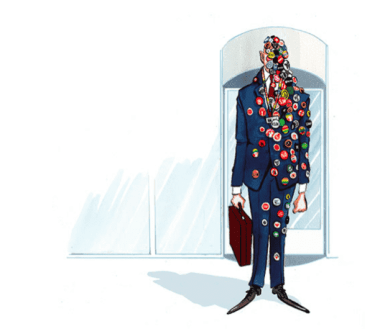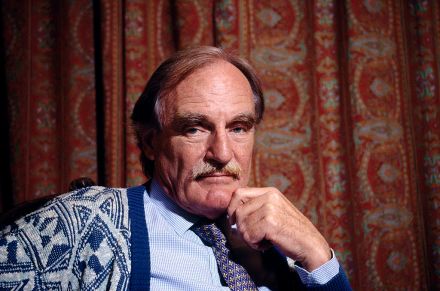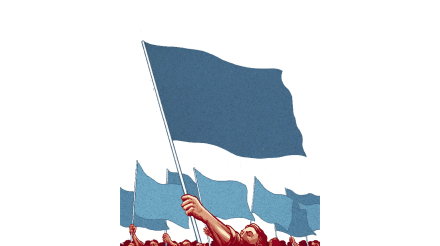The Tory war on woke won’t work
Visibly desperate Conservatives are counting on their opposition to the left’s cultural revolution to save them, if not from defeat, then at least from annihilation. The party’s deputy chair Lee Anderson forecasts that a ‘mix of culture wars and trans debate’ would be ‘at the heart’ of the party’s coming election campaign. You only need to listen to Tory ministers or read the Tory press to see that plan being followed. Left-leaning commentators have a convincing response which boils down to a simple exclamation of, ‘who the hell are you trying to kid?’ As by-election results show, the electorate will punish the Conservatives for 14 years of national decline with the anger





